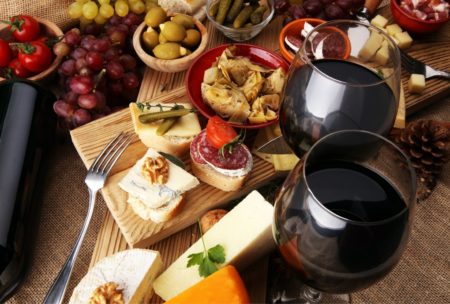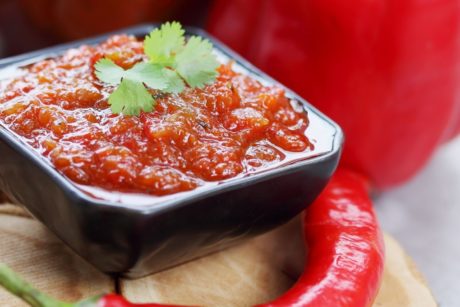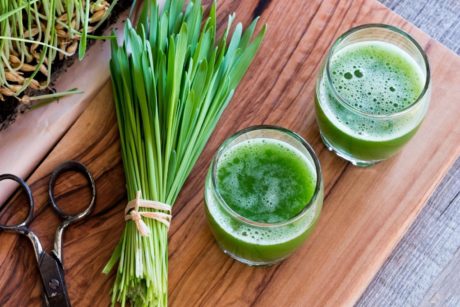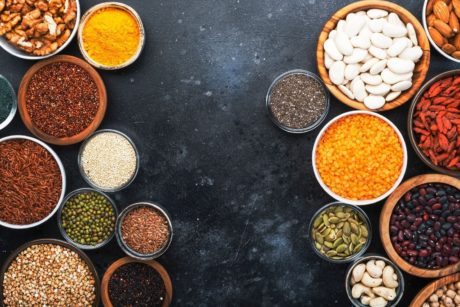Learn to use food and beverage examples to make historical events storytelling more interesting and engaging. Read more.
I was always fascinated with the tourism industry, that's why I decided to study for many years and to gain 3 academic certificates (Diploma, Bsc and Msc in tourism management). After my academic excellence, I worked in the tourism field and I co-created a travel agency. Now I am teaching tourism management as a Lecturer at a college in Barcelona.
Access all courses in our library for only $9/month with All Access Pass
Get Started with All Access PassBuy Only This CourseAbout This Course
Who this course is for:
- Anyone who is interested in food and beverages and anyone who wants to use them to tell a story
What you’ll learn:
- How to share historical information by using food and food products
- How to use some famous recipes to make a dinner more interesting
- Develop the ability to detect information around food and drink
- How to connect historical events
- How to analyse the origin of some ingredients
Requirements:
- Thirst for learning and hunger to try!
In this course, we will see some examples of food, recipes, drinks and beverages and how we can retrieve historical information from them. If you want to teach history, if you want to transform dinners into an experience or if you generally have an interest in food and history, then this is the course for you.
We will not focus on historical facts or how to teach but on how to use food in order to provide your audience with historical facts to make them more interesting. As I always say, food is universal and unites people so there is no better way to teach history than by using food.
No matter what your favourite food or drink is, I am sure it hides an amazing story that is waiting to be revealed. It can be something that you think is totally traditional from your country, but maybe the ingredients have travelled all around the world before they arrived at your country, like tomatoes which arrived from Mesoamerica and became part of the Mediterranean diet, or paprika or the spices that came from the Indian Peninsula. There are so many examples!
So if you have a hunger to learn more, let’s go!
Our Promise to You
By the end of this course, you will have learned food and beverage and a little history.
10 Day Money Back Guarantee. If you are unsatisfied for any reason, simply contact us and we’ll give you a full refund. No questions asked.
Get started today and learn more about using food and beverage to make historical events interesting.
Course Curriculum
| Section 1 - Introduction | |||
| Introduction | 00:00:00 | ||
| Section 2 - Case Studies | |||
| The Crazy Historical Details Around The Most Traditional German Fast Food | 00:00:00 | ||
| How Did The Church Of Spain Transform Madrid Into A Port | 00:00:00 | ||
| Full Breakfast - A Revolutionary Plate | 00:00:00 | ||
| A France Plate In The Heart Of Portugal | 00:00:00 | ||
| Which Plate Is Older? | 00:00:00 | ||
| A Drink As Old As Humanity | 00:00:00 | ||
| Paella - One Food, 3 Cultures, 1000 Tastes | 00:00:00 | ||
| The Most Super Of Superfoods | 00:00:00 | ||
| My Problem With Sandwiches | 00:00:00 | ||
| The Confusing Definitions Of Spices, Condiments, Seasonings, And Minerals | 00:00:00 | ||
| Salt - The Mineral Of Life | 00:00:00 | ||
| Ice Cream | 00:00:00 | ||
| Section 3 - Conclusion | |||
| Conclusion | 00:00:00 | ||
About This Course
Who this course is for:
- Anyone who is interested in food and beverages and anyone who wants to use them to tell a story
What you’ll learn:
- How to share historical information by using food and food products
- How to use some famous recipes to make a dinner more interesting
- Develop the ability to detect information around food and drink
- How to connect historical events
- How to analyse the origin of some ingredients
Requirements:
- Thirst for learning and hunger to try!
In this course, we will see some examples of food, recipes, drinks and beverages and how we can retrieve historical information from them. If you want to teach history, if you want to transform dinners into an experience or if you generally have an interest in food and history, then this is the course for you.
We will not focus on historical facts or how to teach but on how to use food in order to provide your audience with historical facts to make them more interesting. As I always say, food is universal and unites people so there is no better way to teach history than by using food.
No matter what your favourite food or drink is, I am sure it hides an amazing story that is waiting to be revealed. It can be something that you think is totally traditional from your country, but maybe the ingredients have travelled all around the world before they arrived at your country, like tomatoes which arrived from Mesoamerica and became part of the Mediterranean diet, or paprika or the spices that came from the Indian Peninsula. There are so many examples!
So if you have a hunger to learn more, let’s go!
Our Promise to You
By the end of this course, you will have learned food and beverage and a little history.
10 Day Money Back Guarantee. If you are unsatisfied for any reason, simply contact us and we’ll give you a full refund. No questions asked.
Get started today and learn more about using food and beverage to make historical events interesting.
Course Curriculum
| Section 1 - Introduction | |||
| Introduction | 00:00:00 | ||
| Section 2 - Case Studies | |||
| The Crazy Historical Details Around The Most Traditional German Fast Food | 00:00:00 | ||
| How Did The Church Of Spain Transform Madrid Into A Port | 00:00:00 | ||
| Full Breakfast - A Revolutionary Plate | 00:00:00 | ||
| A France Plate In The Heart Of Portugal | 00:00:00 | ||
| Which Plate Is Older? | 00:00:00 | ||
| A Drink As Old As Humanity | 00:00:00 | ||
| Paella - One Food, 3 Cultures, 1000 Tastes | 00:00:00 | ||
| The Most Super Of Superfoods | 00:00:00 | ||
| My Problem With Sandwiches | 00:00:00 | ||
| The Confusing Definitions Of Spices, Condiments, Seasonings, And Minerals | 00:00:00 | ||
| Salt - The Mineral Of Life | 00:00:00 | ||
| Ice Cream | 00:00:00 | ||
| Section 3 - Conclusion | |||
| Conclusion | 00:00:00 | ||



